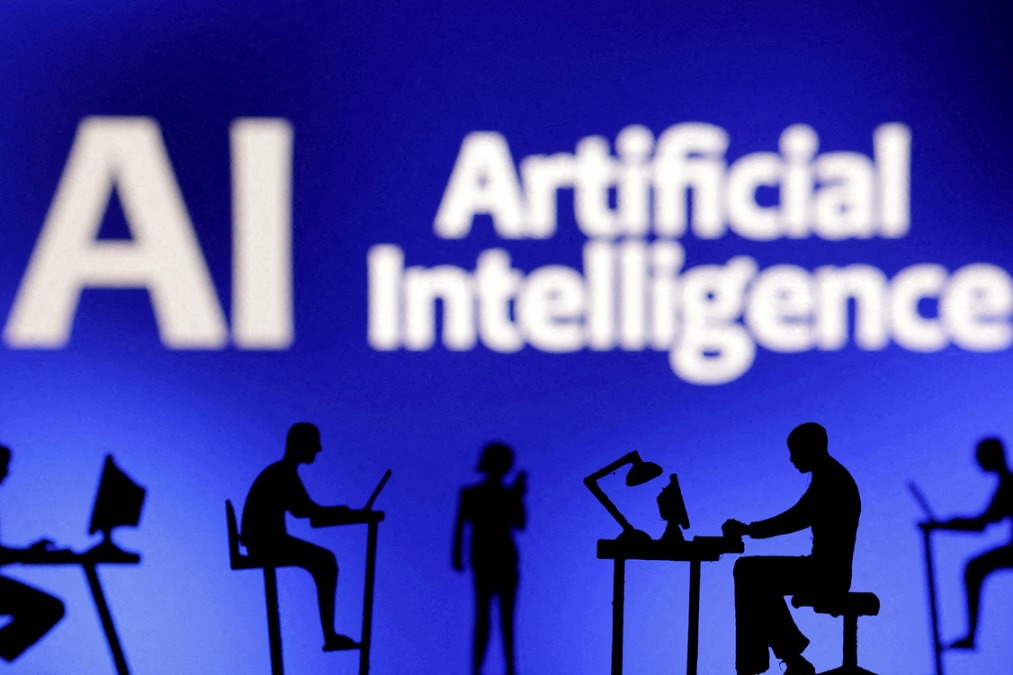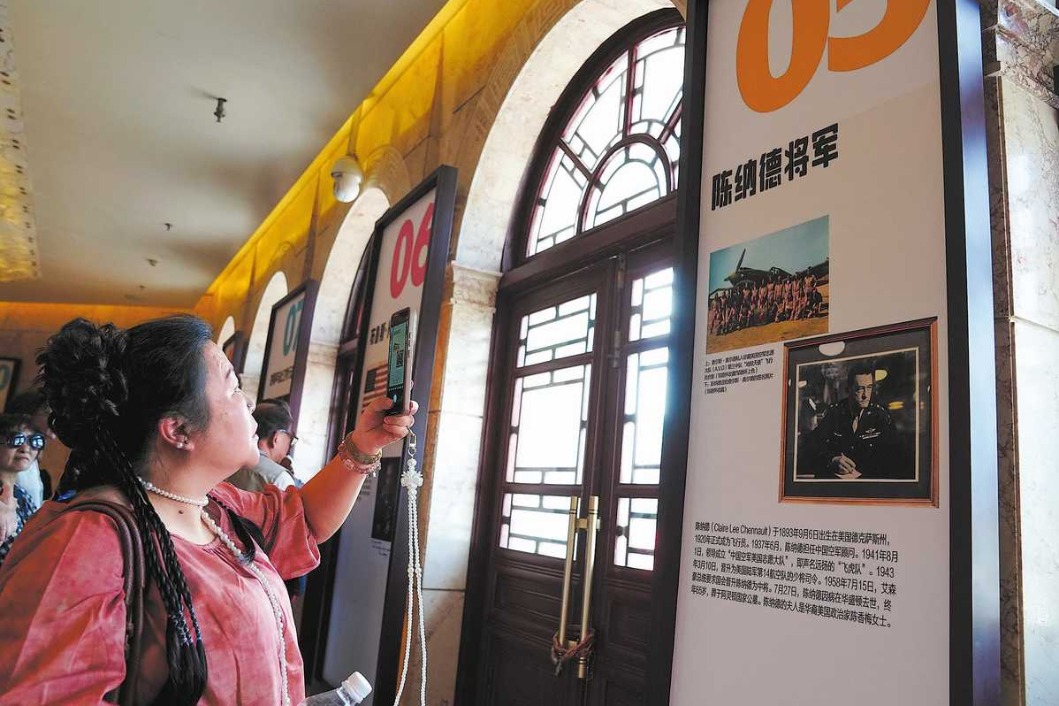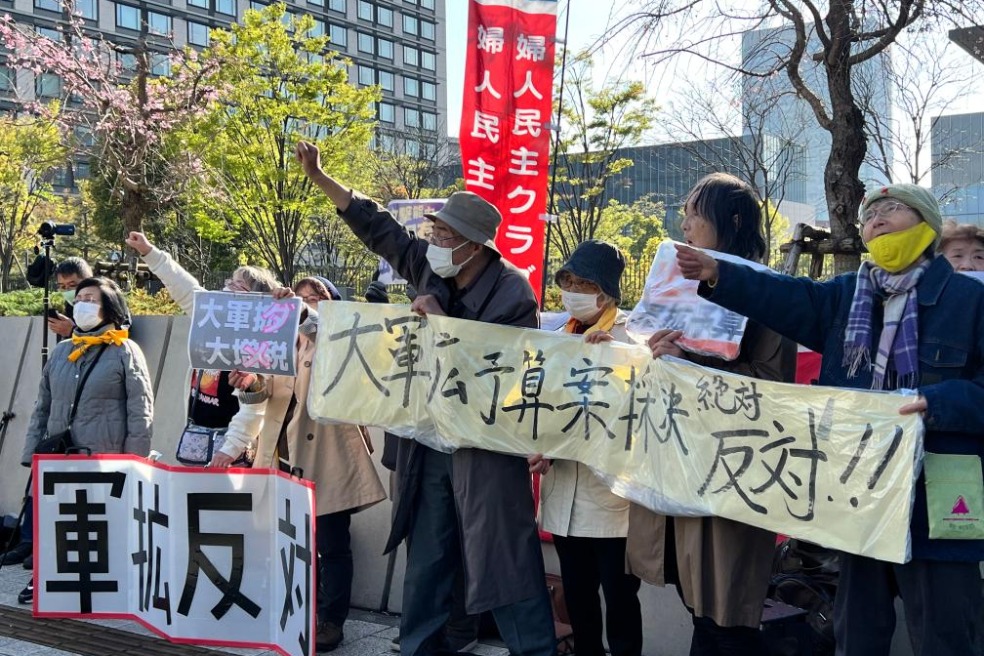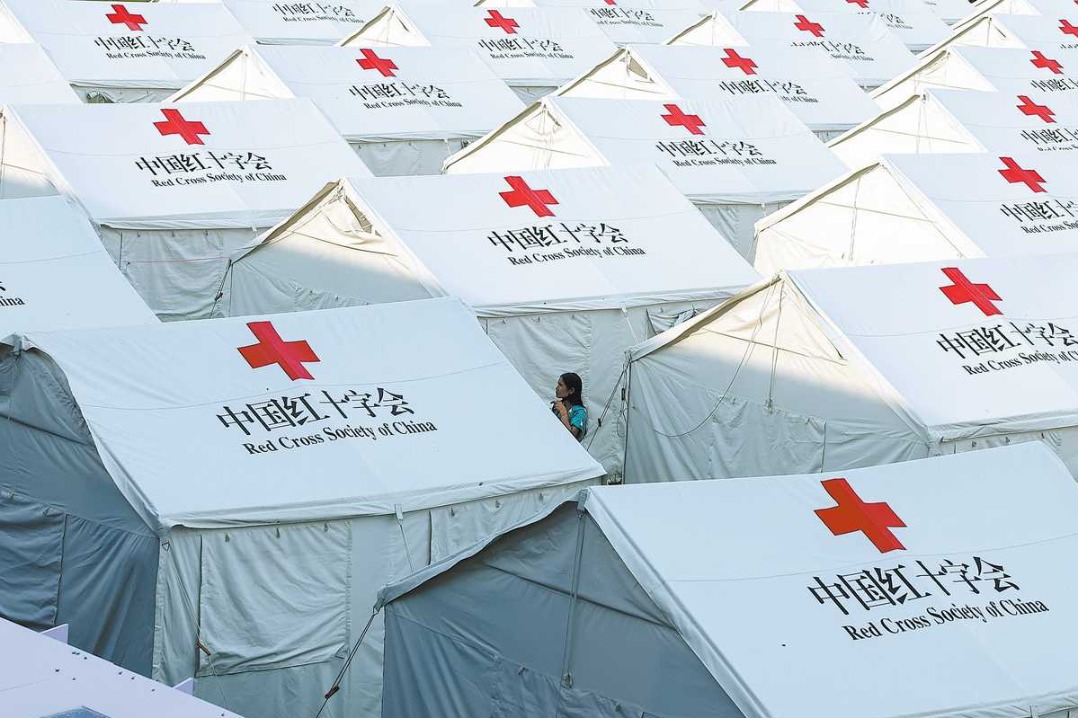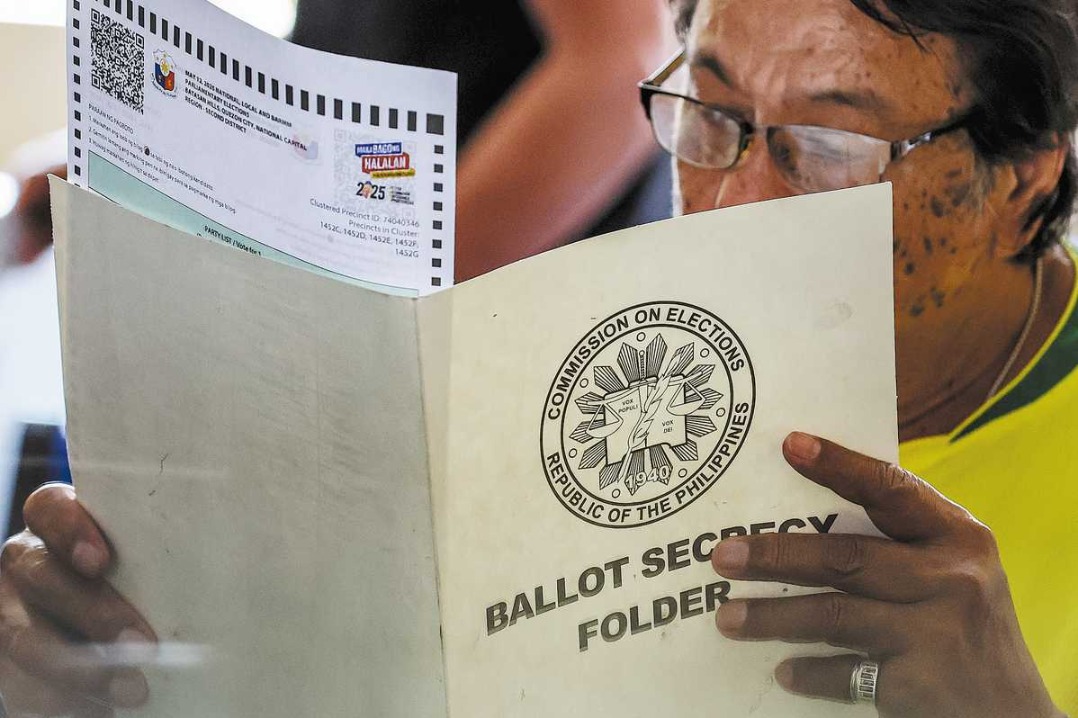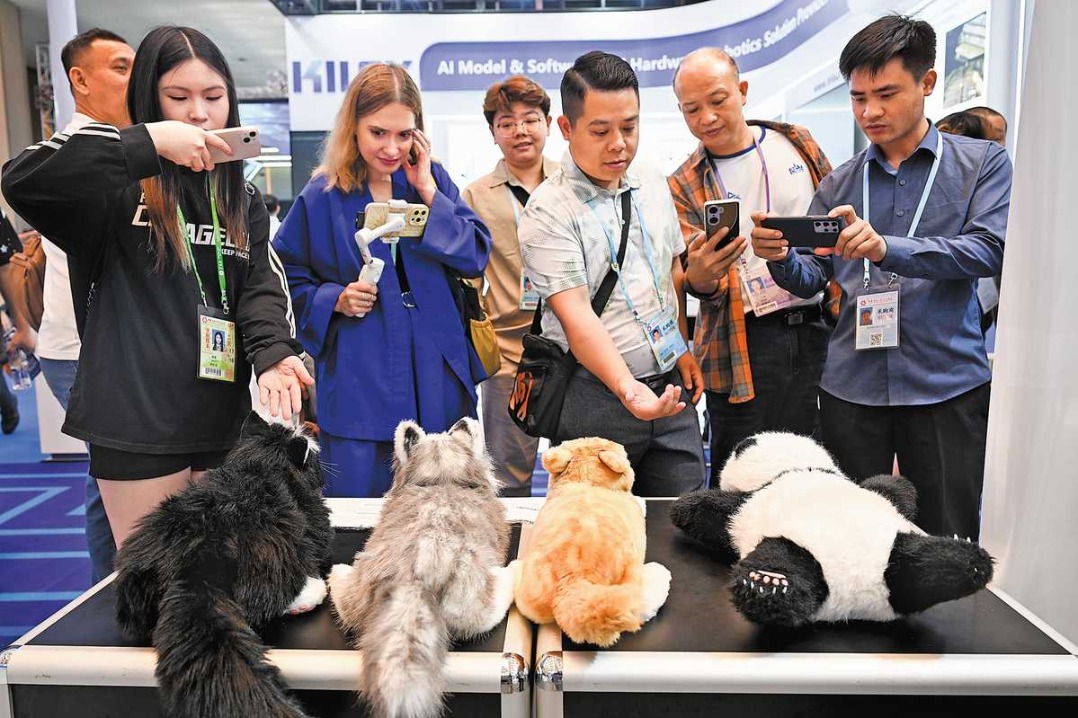Tariffs pose threat to California's ports, clean energy goals

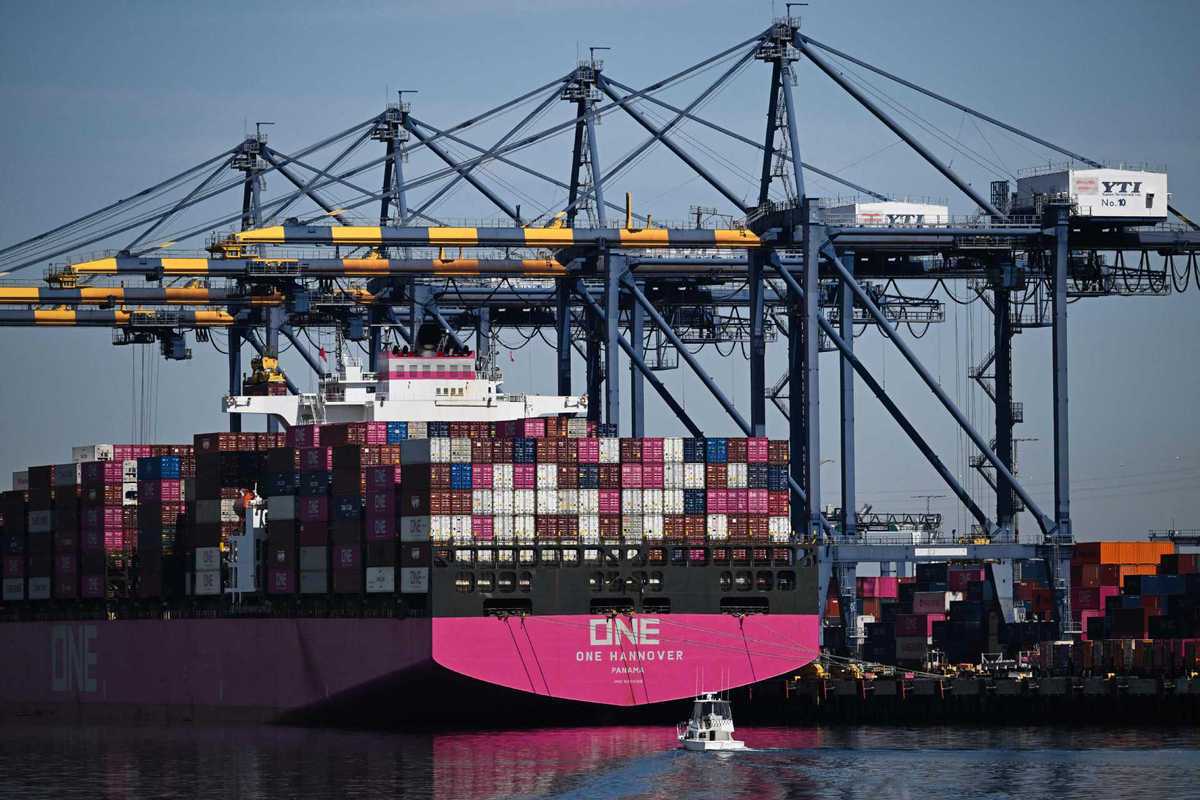
A sharp drop in container traffic and high US-China tariffs are already imposing economic pain on Southern California's ports, threatening jobs, supply chain stability and California's clean energy ambitions, officials said at a recent Select LA Summit.
Noel Hacegaba, chief operating officer of the Port of Long Beach, the nation's second-busiest seaport, pointed to clear warning signs driven by fear of tariffs.
"Over the past four months, we started noticing a lot of our customers and shippers began advancing orders, trying to get ahead of any changes in tariffs; they call it front-loading," Hacegaba told the summit attended by investors, city leaders and global executives.
That surge caused 11 consecutive months of double-digit, year-over-year increases in imports. But the trend has now reversed sharply.
"What goes up must come down," Hacegaba said. "In the month of May, we're beginning to see the signs of the reverse. All that front loading has come to a screeching halt. We're estimating about a 30 percent drop in imports year over year for May. We've got a total of 14 blank sailings — ships that would have sailed to our port but were canceled. When you add that to the Port of LA, it's roughly twice that."
The implications are significant for the broader supply chain.
"So, what does that mean?" Hacegaba asked. "Unfortunately, in the very near term, our internal operators are going to have to close gates. They're going to have to reduce labor allocation. Unfortunately, it means our truck drivers, who are used to pulling four or five containers a day, are now going to be reduced to two or three, or maybe less," he said.
"Unfortunately, it means train departures out of LA and Long Beach may be constrained. Unfortunately, it means that our shippers are not going to have access to that flexibility.
"You begin to see the ripple effect," he added. "All of us have to come together, and we have to pivot very, very quickly."
California Lieutenant Governor Eleni Kounalakis voiced similar concerns, especially about the trade war's broader implications for clean energy.
"Today, we are in a situation where Washington is challenging us again in terms of our ability to build a clean energy future. Washington is bringing — I call it — a trade war," she told the summit.
California, the world's fourth-largest economy, is a leading state in clean energy, aiming for 100 percent clean electricity by 2045. It has implemented policies to reduce reliance on fossil fuels and increase the use of renewables like solar, wind and geothermal.
Kounalakis also compared the current crisis to the early shock of the pandemic. "Right after COVID hit, the number of container bookings into LA fell 50 percent overnight. Right now, those bookings are down 40 percent. I don't see how they cannot recognize that very serious consequences are coming."
Pointing to China's role in global manufacturing, Kounalakis said that "China produces as much as the US, Germany, and Japan combined. We need to base our strategy on facts and the laws of economics, not just rhetoric."
Stephen Cheung, president and CEO of the Los Angeles County Economic Development Corp (LAEDC) and World Trade Center Los Angeles echoed those concerns. He cited a new LAEDC report that shows the trade and logistics sector in Southern California supports 2 million jobs and contributes about a half-trillion dollars to the local economy.
"Based on the World Trade Organization's projections, if we continue with the trade war, especially with China, they anticipate the US-China trade relationship to decrease by 80 percent," Cheung said. "Given that China is our number one trading partner, it's going to have significant impact on those jobs."
Cheung shared a recent example of how tariffs are deterring investment in California's green economy.
"We were working with a company recently that wanted to manufacture batteries here in California. However, their equipment to manufacture those batteries is stuck overseas, and they don't want to bring it over here because of the tariffs. So, to the very point — we can't meet our environmental goals because of these tariffs."
















